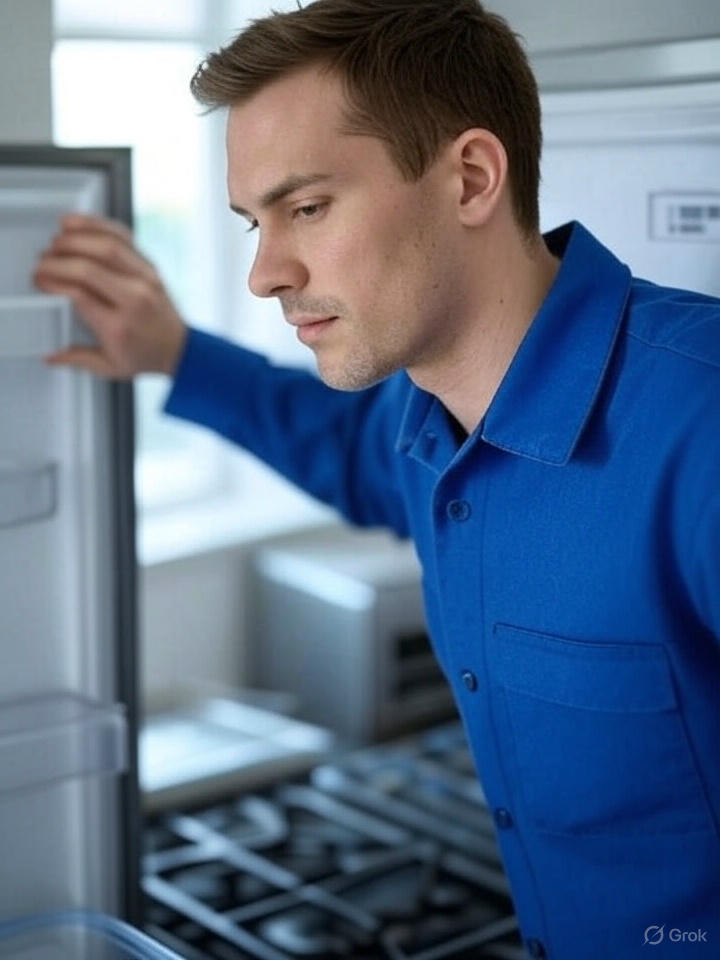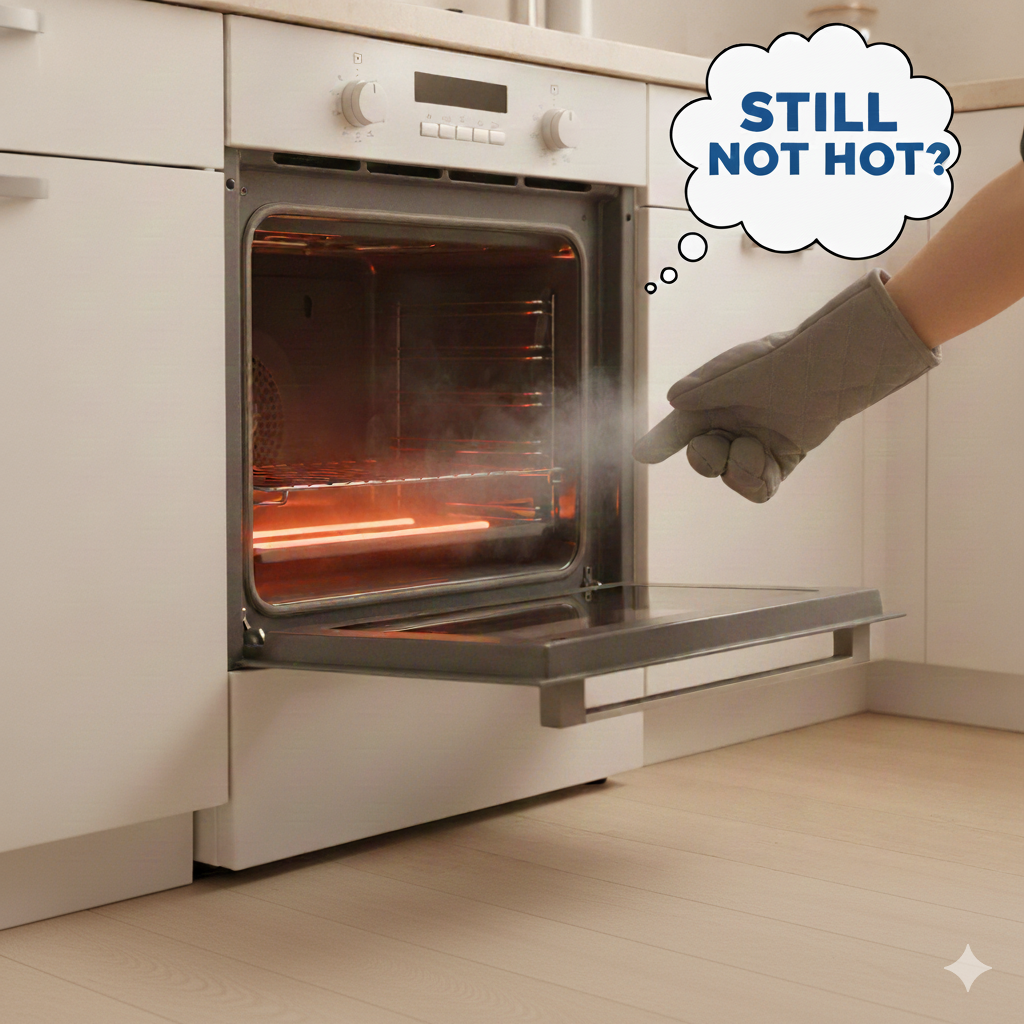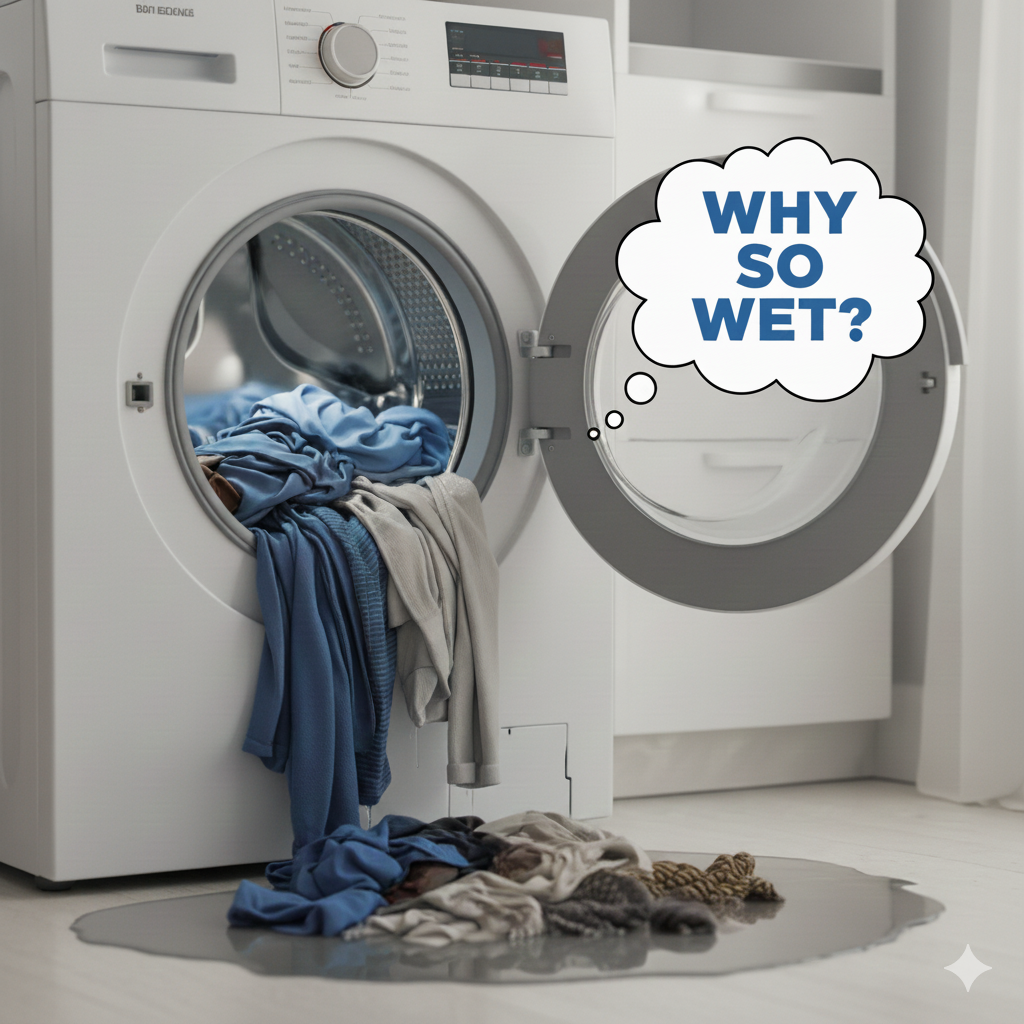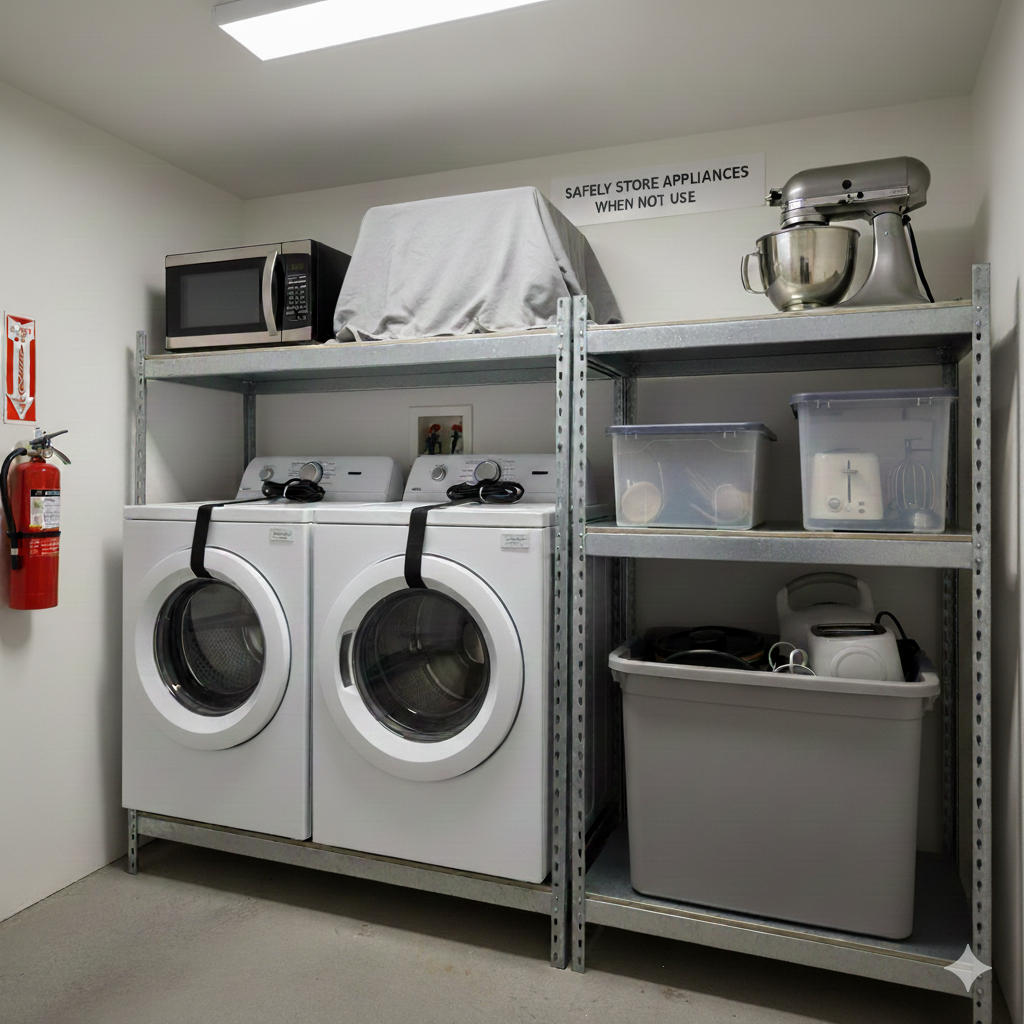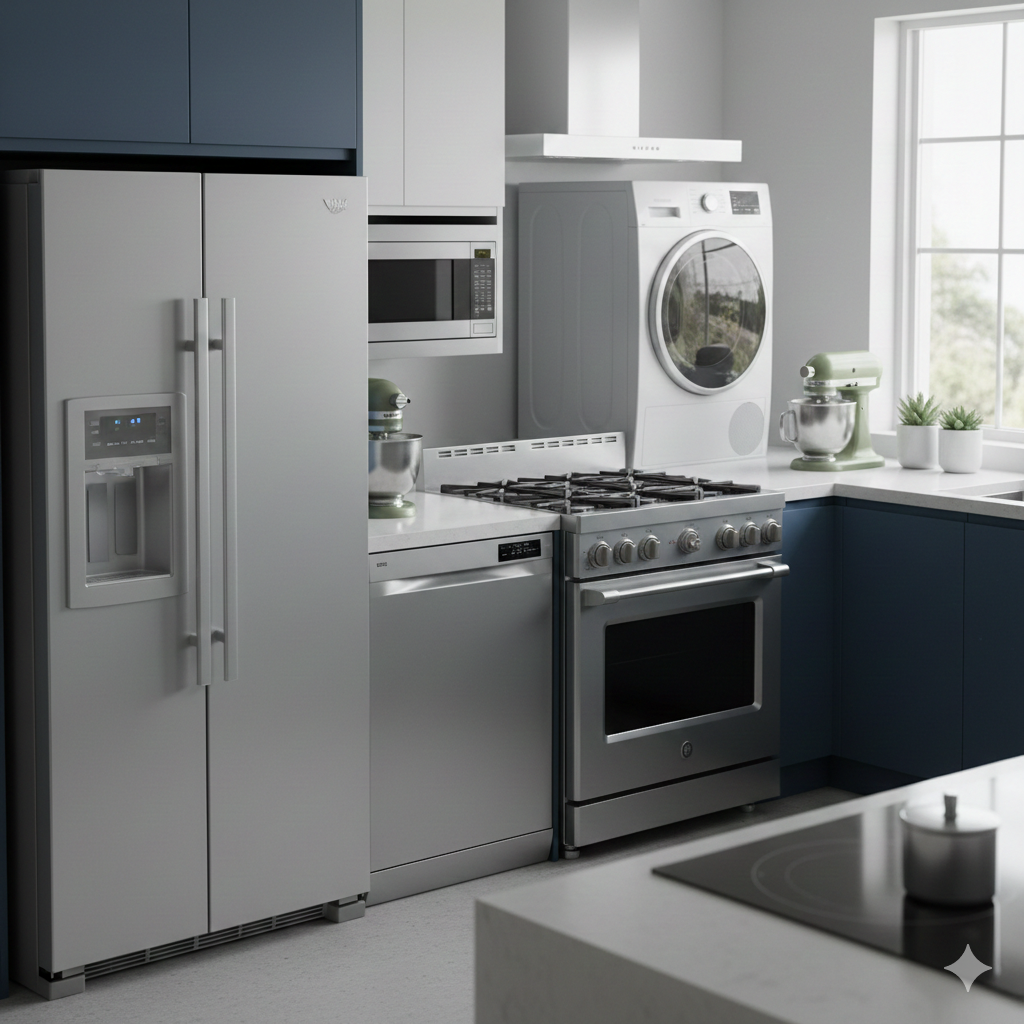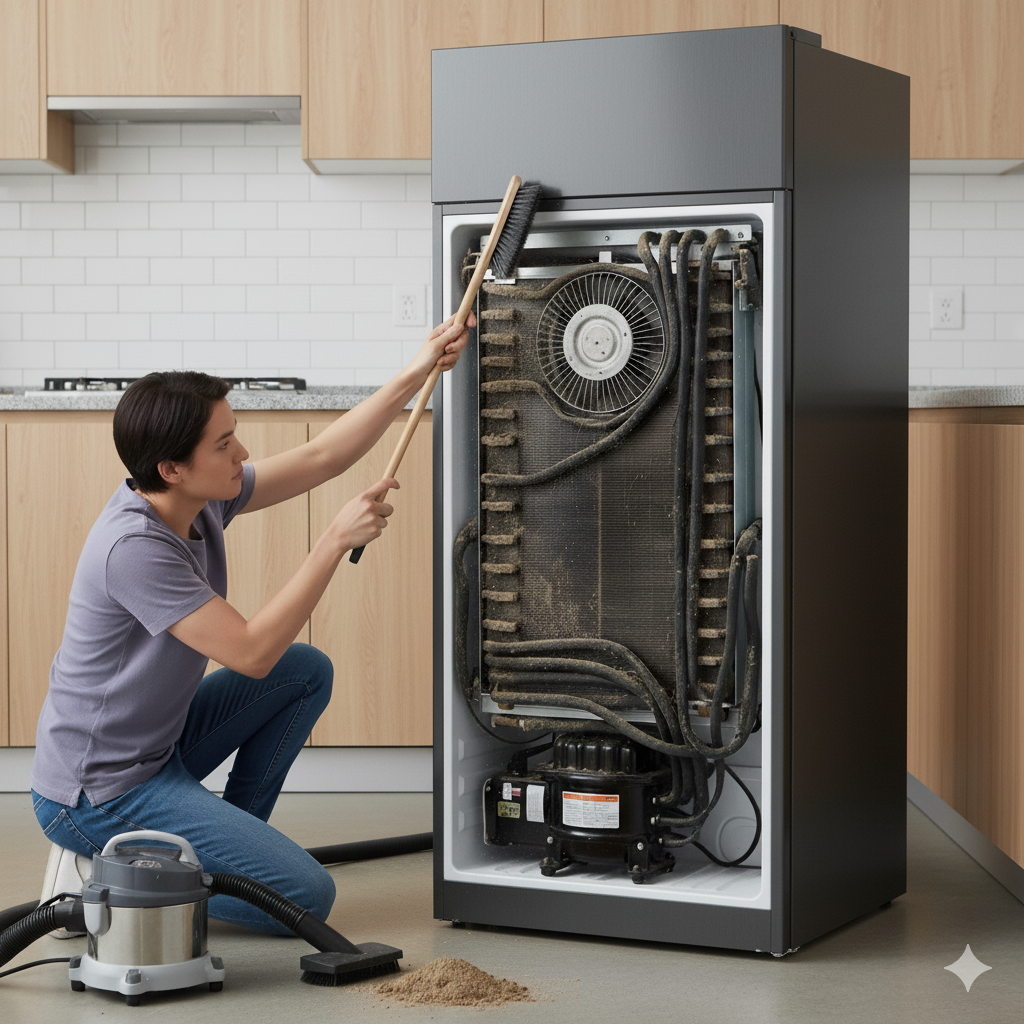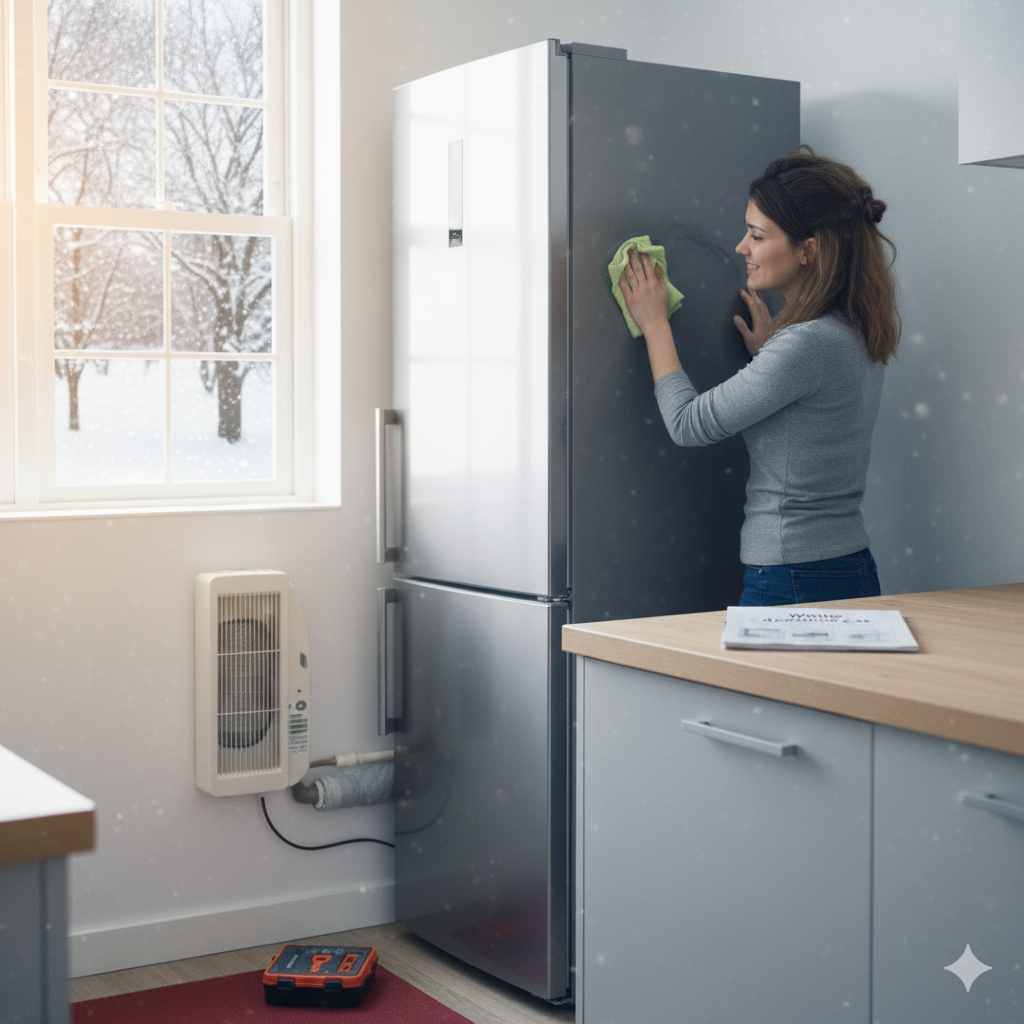Signs Your Refrigerator Compressor Is Failing
The refrigerator compressor is the heart of your cooling system, tirelessly pumping refrigerant to maintain the cold temperatures needed to keep food fresh. Located at the back or bottom of the unit, this vital component works around the clock, making it susceptible to wear over time. A failing compressor can lead to spoiled food, higher energy bills, and costly repairs or replacements. Recognizing the early signs of compressor trouble allows you to address issues promptly, potentially saving your appliance and avoiding significant inconvenience. This detailed guide explores the common symptoms of a failing refrigerator compressor, their causes, and steps you can take to mitigate damage, all tailored for homeowners looking to maintain their appliances effectively.
Understanding the Refrigerator Compressor
Before diving into the signs of failure, it’s helpful to understand what the compressor does. The compressor circulates refrigerant through the refrigerator’s coils, compressing it into a high-pressure gas that releases heat and cools the interior. This continuous process relies on electrical power and mechanical precision. Given its constant operation—typically 8–12 hours daily in a standard household—the compressor is prone to wear, especially after 10–18 years, the average lifespan of a refrigerator. Factors like poor maintenance, power surges, or manufacturing defects can accelerate its decline, making regular checks essential.
Related: How to Repair a Refrigerator That’s Making Strange Noises
Common Signs of a Failing Compressor
A failing compressor doesn’t always announce its demise with a dramatic breakdown. Instead, it often exhibits subtle symptoms that worsen over time. Here are the key indicators to watch for:
1. Unusual Noises
One of the earliest signs of compressor trouble is unusual sounds emanating from the refrigerator. A healthy compressor produces a low, steady hum as it operates. However, a failing unit may emit:
- Clicking or Ticking: This suggests the compressor’s start relay is struggling to engage, a common issue with aging components.
- Rattling or Banging: Loose parts or internal damage can cause these noises, indicating mechanical stress.
- Humming Followed by Silence: If the compressor hums briefly then stops, it may be overheating or failing to start properly.
These sounds often originate from the back or bottom of the fridge, where the compressor is located. If you notice persistent or escalating noise, it’s a signal to investigate further.
2. Inadequate Cooling
The primary job of the compressor is to maintain cold temperatures. If your refrigerator struggles to keep food fresh, the compressor might be failing. Look for:
- Warm Interior: Food thawing in the fridge (above 40°F or 4°C) or freezer (above 0°F or -18°C) suggests the compressor isn’t circulating refrigerant effectively.
- Inconsistent Temperatures: Some areas may feel colder than others, or the temperature fluctuates despite settings remaining unchanged.
- Frost Buildup: Excessive frost in the freezer can indicate poor refrigerant flow, often tied to compressor inefficiency.
Use an appliance thermometer to confirm temperatures, as built-in gauges can be unreliable. Persistent cooling issues point to a compressor problem, especially if other components like the thermostat seem functional.
3. Excessive Heat from the Compressor Area
The compressor generates heat as it compresses refrigerant, but a failing unit may overheat. Check the back or bottom of the refrigerator—near the compressor—and feel for:
- Unusually Hot Surfaces: A healthy compressor feels warm to the touch, but excessive heat suggests it’s overworking or struggling to dissipate energy.
- Burning Smell: A faint burning odor near the compressor could indicate overheating wires or motor damage, a serious warning sign.
Avoid touching the compressor directly if it’s excessively hot, and unplug the fridge to prevent electrical hazards.
4. Frequent Cycling On and Off
A refrigerator compressor typically runs in cycles, turning on and off to maintain temperature. However, a failing compressor may cycle more frequently or erratically, known as short cycling. This can result from:
- Overheating: The compressor shuts off to protect itself, then restarts when it cools, creating a cycle.
- Low Refrigerant: If the system leaks refrigerant, the compressor works harder, triggering frequent stops and starts.
- Electrical Issues: A faulty start relay or capacitor can disrupt normal operation.
Short cycling strains the compressor and other components, accelerating wear. If you notice the compressor kicking on and off every few minutes, it’s time to act.
5. Higher Energy Bills
A struggling compressor consumes more electricity as it works overtime to compensate for inefficiency. If your energy bills spike without a change in usage patterns, the compressor could be the culprit. This symptom often accompanies inadequate cooling or frequent cycling, as the appliance draws more power to maintain performance. Monitoring your utility costs over a few months can help identify this trend.
6. Visible Oil or Refrigerant Leaks
The compressor relies on oil to lubricate its moving parts and refrigerant to cool the system. Leaks in these substances are a clear sign of trouble:
- Oil Stains: Puddles or streaks of oil near the compressor indicate a seal failure or internal damage.
- Refrigerant Leaks: A hissing sound or oily residue with a chemical smell suggests refrigerant escape, often linked to compressor issues.
Both scenarios require immediate attention, as refrigerant leaks can damage the environment and the appliance’s cooling capacity.
7. Tripped Circuit Breaker or Blown Fuses
Electrical problems tied to the compressor can affect your home’s power supply. If the refrigerator causes the circuit breaker to trip or fuses to blow, the compressor may be drawing excessive current due to:
- Short Circuit: Damaged wiring inside the compressor can overload the system.
- Motor Failure: A seized or failing motor increases electrical demand, triggering safety shutoffs.
This symptom often accompanies other signs like noise or overheating, signaling a severe issue.
Related: Top 5 Common Refrigerator Issues and How to Fix Them
Causes of Compressor Failure
Understanding why compressors fail can help you prevent future problems. Common causes include:
- Lack of Maintenance: Dirty condenser coils or neglected gaskets force the compressor to overwork, leading to overheating.
- Power Surges: Unprotected electrical surges can damage the compressor’s motor or relay.
- Age: After 10–15 years, wear on internal components like bearings or seals becomes inevitable.
- Refrigerant Issues: Low refrigerant from leaks or improper charging strains the compressor.
- Overloading: Packing the fridge too tightly restricts airflow, overheating the system.
Regular upkeep, such as cleaning coils and monitoring temperature, can mitigate many of these risks.
What to Do If You Suspect Compressor Failure
If you notice these signs, take these steps to assess and address the issue:
1. Perform Basic Troubleshooting
- Check Power Supply: Ensure the fridge is plugged in and the outlet works. Reset the circuit breaker if it’s tripped.
- Clean the Coils: Unplug the unit and vacuum or brush the condenser coils to improve airflow.
- Inspect the Thermostat: Verify the temperature settings and adjust if needed.
- Level the Fridge: Use a bubble level to ensure it’s even, as an unlevel unit can strain the compressor.
2. Monitor Symptoms
Keep a log of noises, temperatures, and cycling patterns over a day or two. This information helps a technician diagnose the problem accurately.
3. Avoid Overuse
While troubleshooting, minimize opening the door and avoid adding warm food to reduce the compressor’s workload.
4. Call a Professional
If basic checks don’t resolve the issue, contact a certified appliance technician. Compressor repairs are complex, often requiring specialized tools to test refrigerant levels, electrical components, and mechanical parts. A professional can determine if the compressor can be repaired or needs replacement.
Can a Failing Compressor Be Repaired?
Repairing a compressor depends on the extent of the damage:
- Minor Issues: A faulty start relay or capacitor can be replaced, often at a lower cost than a full compressor swap.
- Major Damage: If the motor is burned out or the compressor is leaking refrigerant internally, replacement is usually the only option. A new compressor can cost $200–$500, plus labor, and may not always be economical for an older fridge.
Technicians may also check for underlying issues, like refrigerant leaks, that contributed to the failure. In some cases, replacing the entire refrigerator might be more cost-effective, especially if it’s nearing the end of its lifespan.
Preventing Compressor Failure
Proactive maintenance can extend your compressor’s life and prevent many of the issues listed above:
- Clean Condenser Coils: Every six months, remove dust and debris to ensure efficient heat dissipation.
- Check Door Gaskets: Inspect and clean rubber seals monthly to maintain an airtight seal, reducing compressor strain.
- Maintain Proper Temperatures: Keep the fridge at 37–40°F (3–4°C) and the freezer at 0°F (-18°C) to avoid overworking the system.
- Use Surge Protectors: Plug the fridge into a surge protector to shield against electrical spikes.
- Avoid Overloading: Leave space for airflow and avoid blocking vents with food.
- Schedule Inspections: Have a professional check the compressor and refrigerant levels every 1–2 years.
These steps not only protect the compressor but also enhance the overall efficiency of your refrigerator.
When to Replace Your Refrigerator
If the compressor fails and repair costs exceed 50% of a new unit’s price—or if the fridge is over 10–15 years old—replacement might be the better choice. Modern refrigerators offer improved energy efficiency and features, potentially offsetting the initial cost over time. Look for models with good reviews for reliability and energy savings, and consider the size and layout that best suits your needs.
The Cost of Ignoring the Problem
Neglecting a failing compressor can lead to:
- Spoiled Food: Inadequate cooling can ruin groceries, costing hundreds of dollars.
- Higher Repairs: Delaying action often worsens the damage, increasing repair or replacement costs.
- Energy Waste: An inefficient compressor drives up utility bills significantly.
- Safety Risks: Overheating or electrical faults can pose fire hazards.
Addressing the issue early minimizes these risks and preserves your appliance’s functionality.
Conclusion
The refrigerator compressor is a critical component that deserves attention to keep your appliance running smoothly. Unusual noises, inadequate cooling, excessive heat, frequent cycling, higher energy bills, leaks, and electrical issues are clear signs of potential failure. By recognizing these symptoms early and performing regular maintenance, you can extend the compressor’s life and avoid costly repairs. When in doubt, consult a professional to assess the situation and decide on the best course of action. Taking these steps ensures your refrigerator remains a reliable part of your home for years to come.





